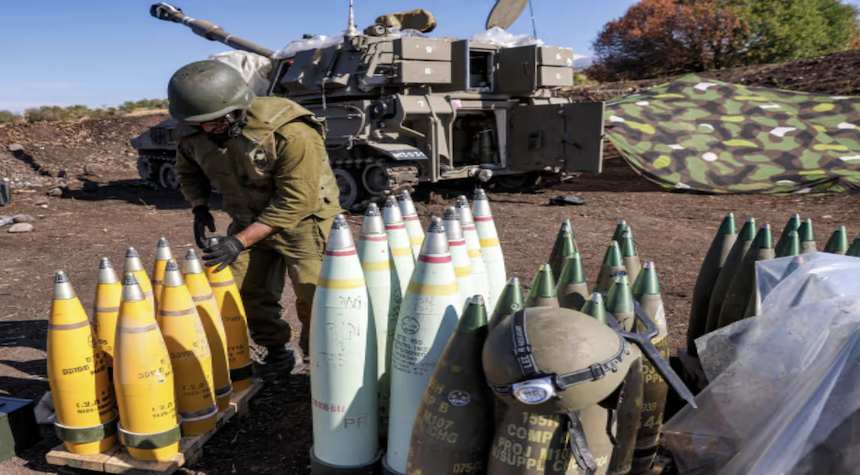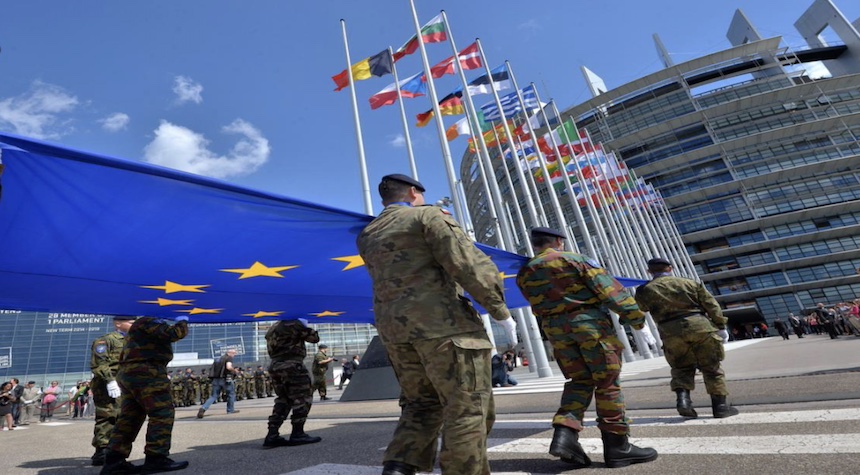The United States has reportedly curbed certain arms exports to some European allies, citing a scarcity of key weapons systems.
This development follows earlier reports that European nations are seeking to refill their depleted stockpiles, which have been significantly drawn down due to aid provided to Ukraine. Concurrently, President Donald Trump continues to urge NATO allies to increase their defense spending commitments to 2% of GDP.
The shift was first apparent during Denmark’s negotiations for a multibillion-dollar air defense system, according to a recent report in The Atlantic. Denmark, meanwhile, is increasing efforts to counter U.S. interest in Greenland, amid heightened geopolitical focus on the Arctic region.
Turning now to the broader implications, this month Denmark held the Arctic Light 2025 exercises in Greenland, involving over 550 NATO troops from France, Germany, Norway, and Sweden, with pointed exclusion of U.S. forces. Concurrently, Danish officials announced $253 million in new investments for infrastructure and healthcare in Greenland to enhance the territory’s self-sufficiency and address local grievances.
Also Check Out: Federal Alert: Al-Qaeda Planning ‘Horrific’ Terror Attacks on Multiple US Cities
Tensions with Washington have escalated, with Copenhagen summoning the top U.S. diplomat in August over alleged covert influence efforts linked to Trump allies. Meanwhile, the U.S., once supportive of the Denmark arms deal, has since pulled back, with officials citing a limited supply of key weapons systems.

Deputy Assistant Secretary of Defense Elbridge Colby has reportedly opposed selling Patriot missile systems, arguing they should be reserved for U.S. use. The Pentagon has identified several weapons in short supply, with few exemptions expected. Consequently, Denmark has turned to European suppliers for its largest-ever arms purchase, valued at $9.1 billion.
The significance becomes clear when we consider the potential implications of this change in U.S. arms policy. Analysts warn the pause could weaken NATO defenses and drive allies toward alternative suppliers. “We tell Europeans to send weapons to Ukraine and buy replacements, but then we say, ‘You can’t have them,'” observed Mark Cancian of the Center for Strategic and International Studies.
Officials have been keen to stress that the suspension does not apply to weapons already committed to Ukraine. Moreover, they emphasize the need to ensure scarce systems like the Patriot missile remain available for U.S. requirements first, underscoring the policy shift.
In closing, this raises important questions about the future of NATO defense capabilities and the transatlantic relationship as European nations look elsewhere for arms suppliers.


